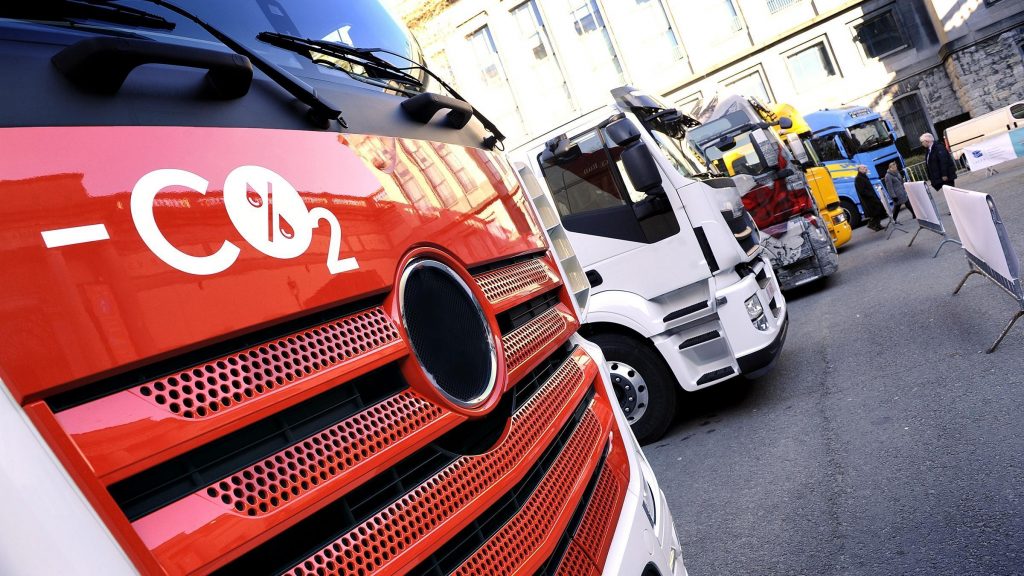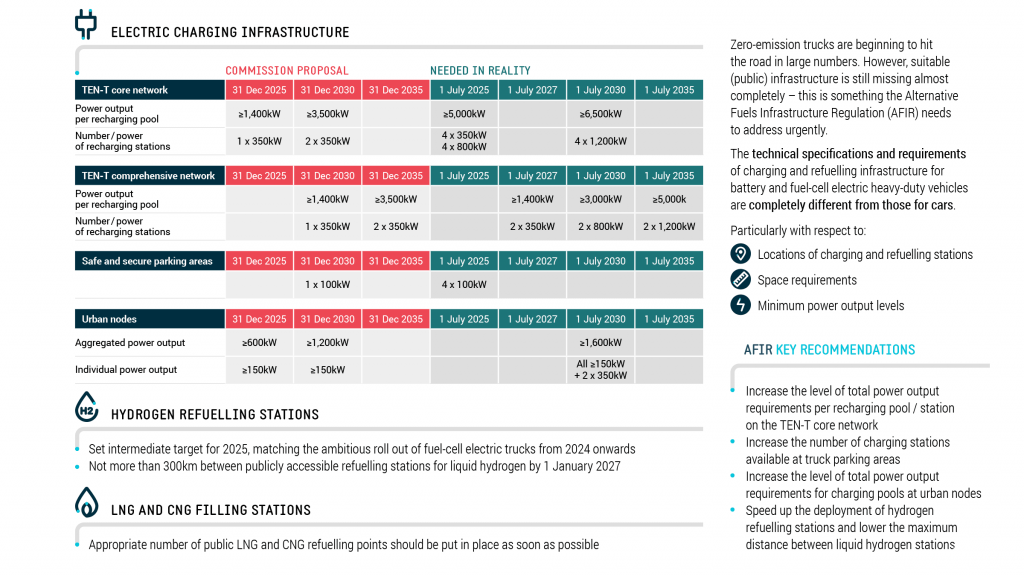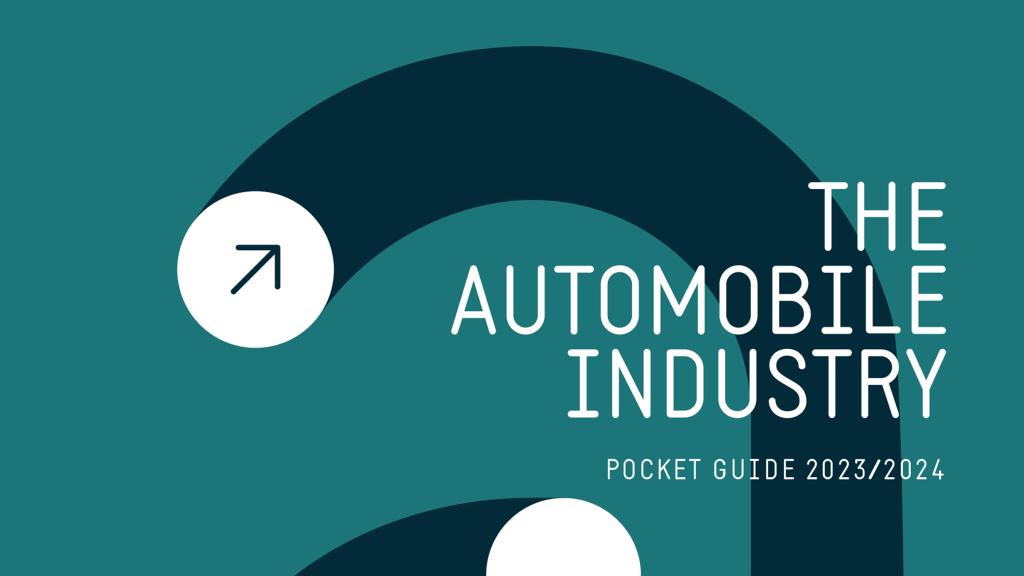CO2 targets for trucks and buses: much more needed than targets on paper, caution manufacturers

Brussels, 21 November 2023 – In today’s European Parliament vote, law makers have backed the most ambitious CO2 reduction targets globally for truck and bus manufacturers.
By 2030, the CO2 emissions of new vehicles must be at least -45% lower than 2019/2020. To meet such targets, Europe will need a complete system transformation involving all public and private actors across the heavy-duty transport ecosystem, according to the European Automobile Manufacturers’ Association (ACEA).
“For truck and bus manufacturers, the question is not if, but how fast we can decarbonise. We’re doing our part by providing the vehicles and technology to make Europe’s road transport fossil-free by 2040. Yet, failure to address enabling conditions will not only slow down our sector’s green transition, but also threaten our global competitiveness,” stated Sigrid de Vries, ACEA Director General.
Manufacturers are investing billions in zero-emission technologies for battery-electric and hydrogen-powered vehicles. The technology is available, and series production is ramping up fast. Yet, a near absence of charging and refilling infrastructure and a lack of effective carbon pricing schemes and support measures to replace conventional models with zero-emission alternatives are major obstacles to the transition.
De Vries: “Manufacturers are doing their utmost to decarbonise but rely on enabling conditions that are largely outside their control. Policy makers must recognise this in the CO2 regulation and secure an incentivising policy framework that accelerates road transport’s green transition.”
In the trilogue negotiations, co-legislators should establish annual monitoring of enabling conditions at the member-state level. Close monitoring is essential to ensure that any shortcomings in infrastructure rollouts or other enabling conditions are promptly addressed. In the absence of these robust enabling conditions, non-compliance penalties on manufacturers would be highly unfair.
Manufacturers are doing their utmost to decarbonise but rely on enabling conditions that are largely outside their control. Policy makers must recognise this in the CO2 regulation and secure an incentivising policy framework that accelerates road transport’s green transition.
Notes for editors
- Trucks and buses are essential in getting goods and people to where it matters most. Trucks alone carry 77% of all goods transported by land in the EU, and more than half of public transport journeys are made by buses.
- To achieve a CO2 reduction of 45% by 2030:
- more than 400,000 zero-emission trucks will have to be on roads – around 100,000 new zero-emissions trucks registered annually or at least one-third of new sales; and
- at least 50,000 publicly accessible chargers, including 35,000 Megawatt Charging Systems (MCS) and 700 hydrogen refilling stations with a daily capacity of two tonnes, are required.
- For more information on the CO2 standards for heavy-duty vehicles, see our fact sheet here: https://www.acea.auto/fact/fact-sheet-co2-standards-for-heavy-duty-vehicles/
- You can also read our news article on the CO2 regulation’s implications for truck and bus manufacturers here: https://www.acea.auto/news/eu-co2-regulation-for-trucks-and-buses-vehicles-are-not-the-bottleneck-its-all-about-enabling-conditions/
About ACEA
- The European Automobile Manufacturers’ Association (ACEA) represents the 15 major Europe-based car, van, truck and bus makers: BMW Group, DAF Trucks, Daimler Truck, Ferrari, Ford of Europe, Honda Motor Europe, Hyundai Motor Europe, Iveco Group, JLR, Mercedes-Benz, Nissan, Renault Group, Toyota Motor Europe, Volkswagen Group, and Volvo Group
- Visit www.acea.auto for more information about ACEA, and follow us on http://www.twitter.com/ACEA_auto or http://www.linkedin.com/company/ACEA/
Contact:
- Cara McLaughlin, Communications Director, cm@acea.auto, +32 485 88 66 47
- Ben Kennard, Content Editor and Press Manager, bk@acea.auto, +32 485 88 66 44
About the EU automobile industry
- 12.9 million Europeans work in the automotive sector
- 8.3% of all manufacturing jobs in the EU
- €392.2 billion in tax revenue for European governments
- €101.9 billion trade surplus for the European Union
- Over 7% of EU GDP generated by the auto industry
- €59.1 billion in R&D spending annually, 31% of EU total


